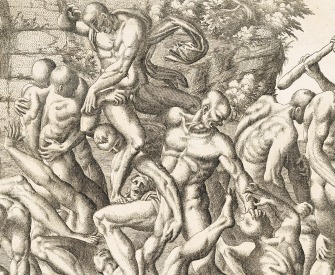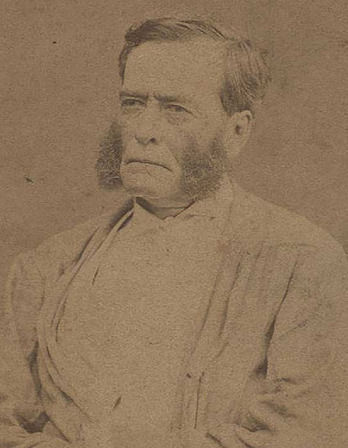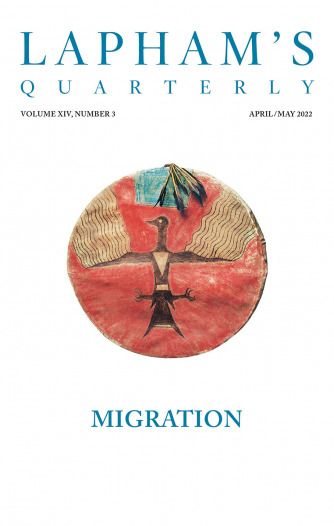It has been the custom hitherto for men to hold us as their own property, which is pitiable enough, considering that Christ has delivered and redeemed us all, without exception, by the shedding of His precious blood, the lowly as well as the great. Accordingly, it is consistent with Scripture that we should be free and wish to be so. God does not teach us that we should lead a disorderly life in the lusts of flesh, but that we should love the Lord our God and our neighbor. We would gladly observe all this as God has commanded us in the celebration of the communion. He has not commanded us not to obey the authorities, but rather that we should be humble, not only toward those in authority but toward everyone. We are thus ready to yield obedience according to God’s law to our elected and regular authorities in all proper things becoming to a Christian. We, therefore, take it for granted that you will release us from serfdom as true Christians, unless it should be shown us from the Gospel that we are serfs.
It has been the custom heretofore that no poor man should be allowed to touch venison or wild fowl or fish in flowing water, which seems to us quite unseemly and unbrotherly as well as selfish and not agreeable to the word of God.
We are aggrieved in the matter of woodcutting, for the noble folk have appropriated all the woods to themselves alone. If a poor man requires wood, he must pay double for it. It is our opinion in regard to a wood which has fallen into the hands of a lord whether spiritual or temporal that unless it was duly purchased it should revert again to the community.
In regard to the excessive services demanded of us which are increased from day to day, we ask that this matter be properly looked into so that we shall not continue to be oppressed in this way, but that some gracious consideration be given us, since our forefathers were required only to serve according to the word of God.
We are burdened with a great evil in the constant making of new laws. We are not judged according to the offense, but sometimes with great ill will, and sometimes much too leniently. In our opinion we should be judged according to the old written law so that the case shall be decided according to its merits and not with partiality.
From The Twelve Articles of the Peasants. Some fifty representatives of Swabian peasant groups met in March 1525 and drafted this series of economic and religious demands. In the following months, 25,000 copies were printed. Europe’s largest uprising until the French Revolution, the German Peasants’ War ended in 1526 with the landowners suppressing the revolt. 100,000 peasants were killed.
Back to Issue




